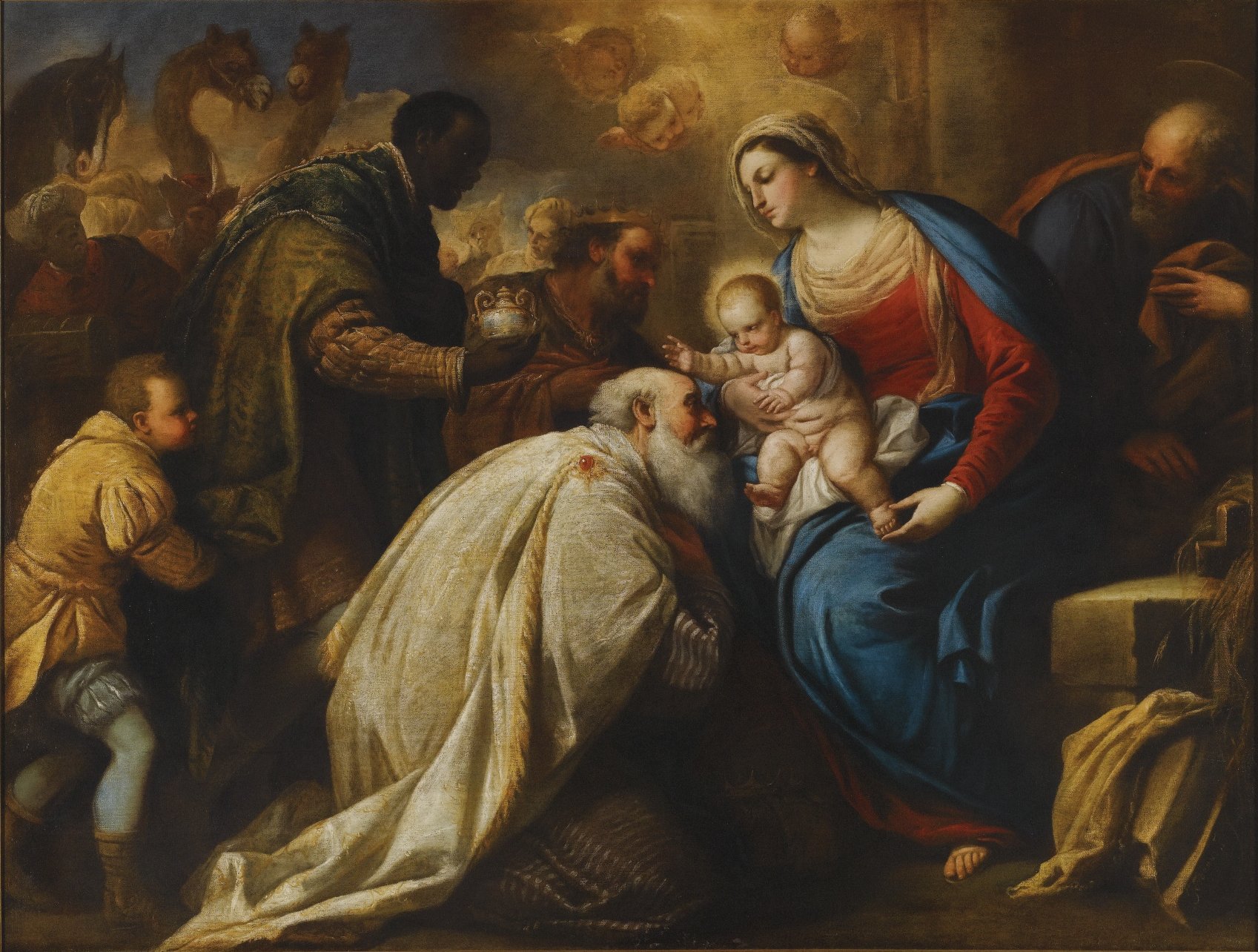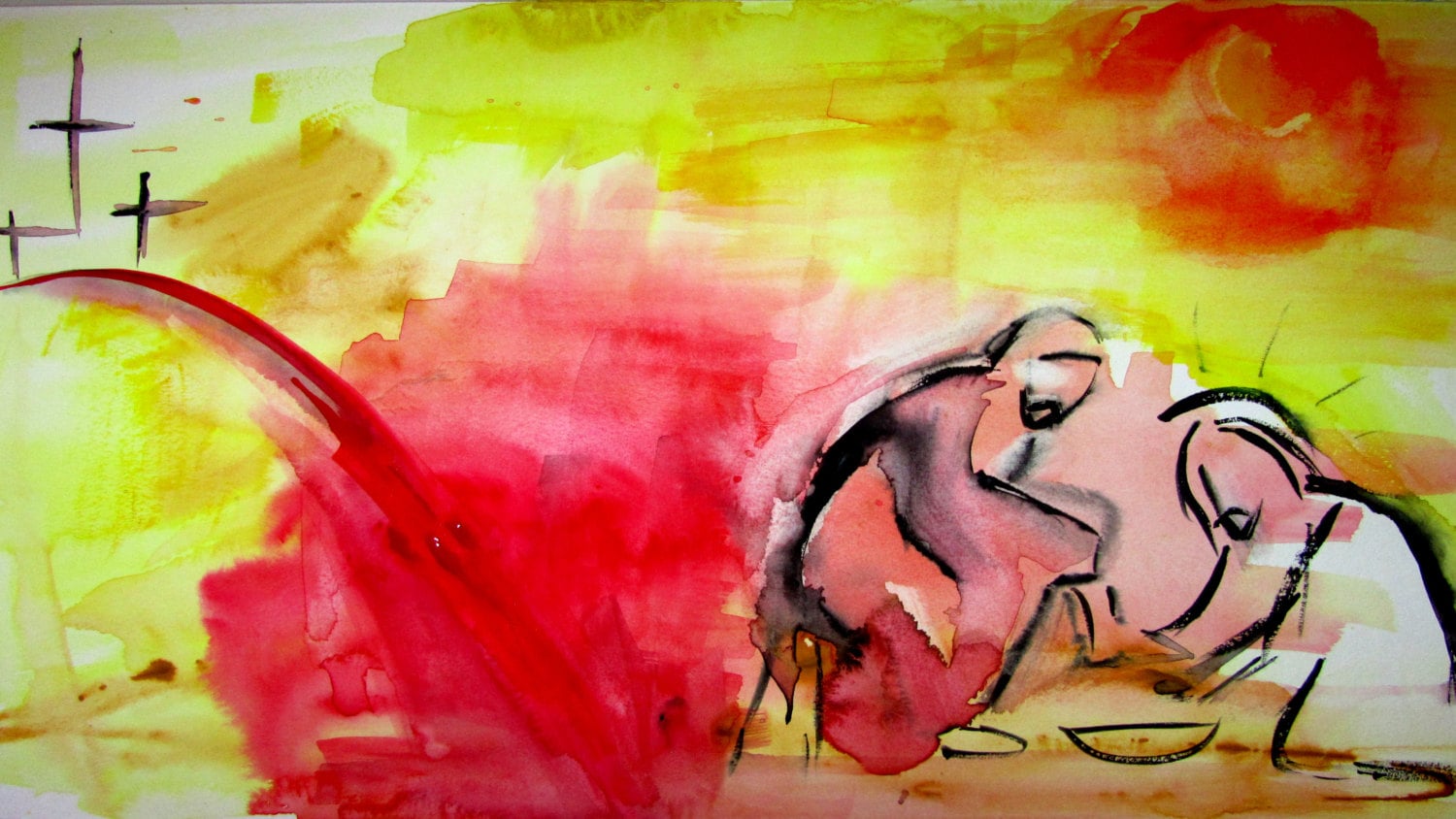Glancing along the display of news papers in the local Co-Op yesterday, the headlines about the NHS, Trump, Brexit and the Royal wedding, jostled for space alongside endorsements for weight loss plans or imperatives to get fit in 2018.
The Guardian seems to have deployed its journalists and columnists to write about their self-improvements plans. Decca Aitkenhead’s piece entitled ‘My extreme year of living healthily’ begins with cold baths and a vegan diet. Tim Dowling’s article was billed as ‘The lazy person’s guide to self-improvement’ - including listening to speeded up Podcasts, as if the pace of life isn’t frenetic enough!
According to a 2017 ComRes poll, the top too New Year’s resolutions are: exercise more (38%) and lose weight (33%). Eating healthily, drinking less, learning a new skill or hobby and spending more time with friends and family are all in the top ten.
For all the column inches promoting a ‘Fast track to fabulous’ or trends that take us ‘Beyond the Fitbit’, psychologists and common sense advice agree: changes in patterns of health and happiness take time - setting specific, measurable, achievable goals which excite or inspire us.
Having discovered the physical, social and psychological benefits of doing circuits at Surrey Sports Park, there is much to be gained by realistic goals - resolving to run, walk, sing, paint, cook, read and reconnect with others at a deeper level.
However, the pressures and expectations of the world can be corrosive - not just at the level of body image and dress size, but the temptation to live for self.
The notions of self-interest, self-gratification, self-improvement, self-reliance, self-determination represent a turning in on one’s self. These things aren’t the preserve of the “selfie generation” but have perhaps helped to shape the widely documented age of loneliness.
As we gather this evening, we are reminded that these early days of January are not solely to be marked by resolutions or quick fixes. Instead, we are drawn into a season of revelation and adoption.
The last 14 days has been an intense season of revelation: we have celebrated a birth with all the associated joy and wonder at the gift of life. We celebrate because this speechless babe is the communication of Godself to us, the Word made flesh, abiding with us. He is the light and glory of God.
Yesterday, we knelt alongside the Magi, in reverence and awe; glimpsing in the Christ child the bright splendour whom the nations seek. And, like them, we journey knowing that, in the words of anthem, ’Thy word, Jesu, inly feeds us, rightly leads us, life bestowing’ [The Three Kings, Peter Cornelius (1824-1874)].
Today, we stand on the crowded, muddy banks of the Jordan with John the Baptist, in repentance and forgiveness. And as we do, Jesus stands with us. He identifies with our human condition - with our selfish desires and our desire for self-improvement. But this is but the start!
What is revealed to us today is that Jesus is God’s beloved Son. As he is anointed with the Holy Spirit, we recognise him as our Lord. The one who does not just identify with humanity but who restores it.
In his public ministry of teaching and healing, challenging and forgiving, feeding and calling he brings salvation. In his life, the fullness of God is made present; in his death, our selfish fleshly passions and weaknesses are overcome; in his risen life, all that we receive the gifts of grace, mercy and healing.
This is salvation from the corruption of selfishness and salvation for a life of selflessness. As Paul puts it to the Ephesians: we are what he has made us, created in Christ Jesus for good works’.
Today reminds us, that in the midst of this season of revelation, we are adopted. Being born again by water and Spirit, we are to know ourselves as beloved children. In the power of that Spirit we are to be faithful to that calling.
Our readings grapple with the reality of revelation and adoption: making sense of our calling in the light of God’s mercy and in the face of the challenges of our world.
One of the great themes of Isaiah is the extent to which we listen to God’s word - and upon hearing it, the extent to which we speak and act for the sake of what is justice. At points, God’s people are chastised for their failure to speak and act rightly. There are times of lament and times of praise; times of lengthy silence and times when the community regains its voice.
Isaiah is also looking forward to a time when God will be with his people - fulfilling that role of suffering servant, prophet and king. He is looking for a time when God will come in glorious apparel and in great strength. We rejoice in the nearness of our God - not in overwhelming might, but in flesh of our flesh.
Jesus is God’s chosen. The servant king who brings justice to the nations. This is the one who will not grow faint or be crushed. The one who is God with us - restoring our human nature in merciful kindness and an invitation to be forgiven and to seek justice.
The images of Isaiah speak with poetic realism about the frailty of our nature. But the one revealed to us today is the means of our adoption as beloved children: he upholds bruised reeds, kindles smouldering wicks.
This is revelation and adoption: God is with us in Christ, a light to the nations, opening our eyes to his love, liberating us from powers of darkness; God has called us in righteousness, taken us by the hand and kept us. As beloved children, we are to make known to others this light which brings freedom; we too are to pursue what is just, that others may know that they are beloved.
Paul’s letters are infused with the language of revelation and adoption. In the passage we heard this evening, his honesty about our human nature and God’s mercy jolts us into appreciating the significance of Christ - for us, for our world and for the whole cosmos.
He knows, as we do, that following the course of the world can distort our desires; he knows the deadening effect of our selfish hearts turned inwards and away from others. Trespass, sin and disobedience is strong language marking out in shorthand those things which we do carelessly or wilfully which harm others. It names our human propensity to pursue patterns of greed, jealousy, anger or dishonesty and the impact on ourselves and others.
But if Paul is brutally honest about what happens when we live solely by the desires of the flesh and our senses, he is also utterly convinced of the impact of God’s love. He is assured that in Christ, our humanity is exalted. Two words stop us in our tracks: But God.
But God is rich in mercy.
But God shows great love.
But God makes us alive together with Christ.
But God, by grace, saves and raises.
But God bestows immeasurable riches of grace and kindness.
This is revealed in Jesus Christ.
This is not our own doing.
It is the gift of God.
For by grace we have been saved by faith.
This is our adoption as beloved children in Jesus Christ.
Now in the power of the Spirit, we are invited to lived for the purposes for which we were made: such good works as God has prepared for us to walk in.
Our heavenly Father revealed Jesus as his Son, our Lord, anointing him with the Holy Spirit.
May that Spirit equip us to be faithful to our calling as adopted and beloved children.
May we walk in God’s ways of love and trust; justice and compassion; kindness and peace.
© Julie Gittoes 2018















